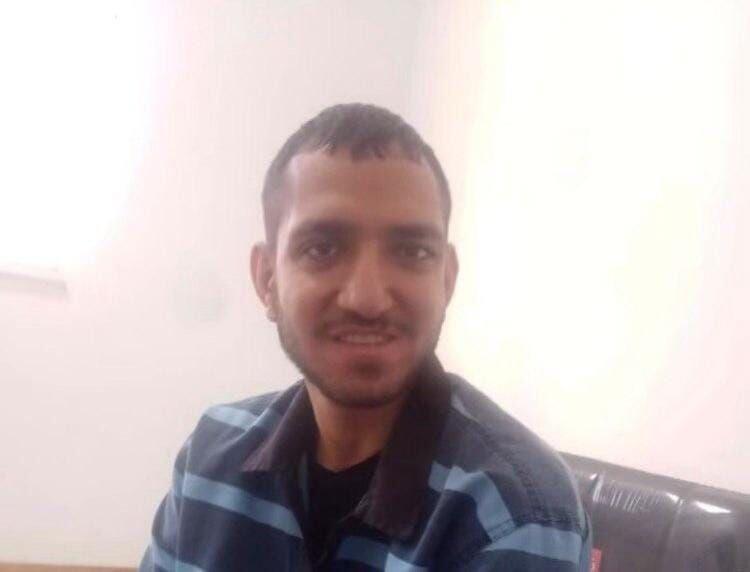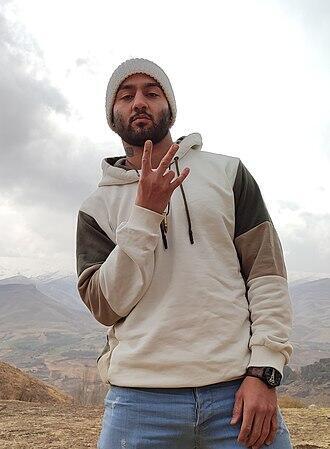Getting your Trinity Audio player ready...
Arvin Nathaniel Ghahremani, a 20-year-old Iranian Jew, was convicted of killing a Muslim man two years ago and was supposed to be put to death on Monday. On Sunday, the Jewish community in Iran was informed that the execution has been postponed until next month.
International efforts were exerted until the last moment, through international organizations and several countries, to prevent the execution. To commute his sentence to reparations, Ghahremani's family members pressured the family of the deceased to accept reparations instead of going through with the death sentence as is practiced in Iran.
The execution was planned for Saturday, but for unknown reasons, it was been postponed to Monday and it now has been postponed again. Several figures have appealed to different countries to intervene and help suspend the execution. Appeals have been made to countries including Russia and Germany.
Iran has long been known as the world's leading country in the number of executions, followed by Saudi Arabia and Afghanistan, where there is no accurate count of executions. European human rights organizations claim that Iran executed at least 223 people this year, including a large number of women. Just last month, 50 people were executed, including four women. In April, the number was much higher. Some 109 men were executed in the Islamic Republic, in addition to six women and two underage boys.
In 2023, 834 men, women, boys, and girls were executed in Iran, marking a 43% jump compared to 2022 and the highest number in the past nine years. In 2015, the number of death sentences in the Islamic Republic stood at 972 people.
Some of the women are sentenced to death and face execution by hanging due to transgressions related to arranged marriages. In those cases, the woman refuses to marry the groom, usually an older man, who has already transferred a large amount of money to her parents. Most executions in Iran target the lower socio-economic classes with drug trafficking offenses.
Last month, the Iranian rapper Toomaj Salehi was arrested and sentenced to death for the "wild" and "secular" music he played during the major protests in Iran in 2022. All attempts to secure his release have failed so far.
In a report published in March, Iran was accused of increasing its use of executions as a means to spread fear and terror among its citizens, as a response to the massive protests that erupted in September 2022 following the death of the young Kurdish-Iranian woman, Mahsa Amini, who was arrested for not wearing a hijab correctly and was killed in custody.
At least nine protesters were sentenced to death last year after being convicted, mostly in show trials, in clashes with police during "hijab protests." An additional 471 Iranian citizens were convicted of drug trafficking and were hanged. There has been a dramatic increase in executions for drug offenses, 18 times more than in 2020. Among those sentenced to death are women who were accused of adultery, participating in protests, and disobeying warnings they received when arrested.



